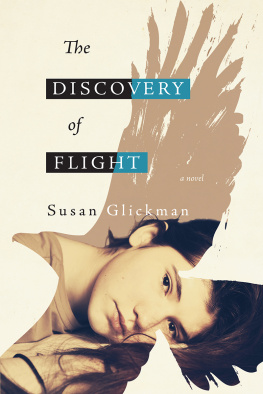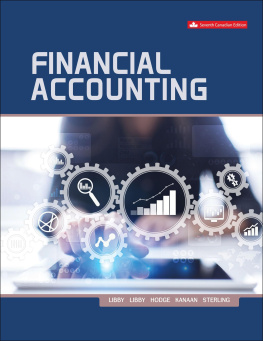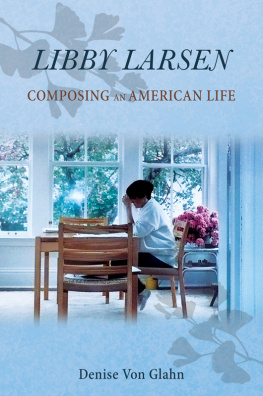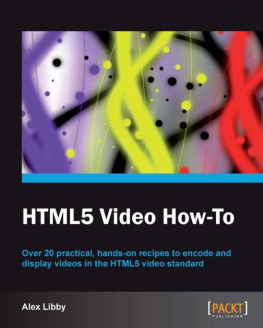The DISCOVERY of FLIGHT
Copyright 2018 Susan Glickman
Except for the use of short passages for review purposes, no part of this book may be reproduced, in part or in whole, or transmitted in any form or by any means, electronically or mechanically, including photocopying, recording, or any information or storage retrieval system, without prior permission in writing from the publisher or a licence from the Canadian Copyright Collective Agency (Access Copyright).

We gratefully acknowledge the support of the Canada Council for the Arts and the Ontario Arts Council for our publishing program. We also acknowledge the financial support of the Government of Canada through the Canada Book Fund.
Cover design: Val Fullard
Illustrations in text by Susan Glickman
eBook: tikaebooks.com
The Discovery of Flight is a work of fiction. All the characters portrayed in this book are fictitious and any resemblance to persons living or dead is purely coincidental.
Library and Archives Canada Cataloguing in Publication
Glickman, Susan, 1953-, author
The discovery of flight / Susan Glickman.
(Inanna young feminist series)
Issued in print and electronic formats.
ISBN 978-1-77133-513-3 (softcover).-- ISBN 978-1-77133-514-0 (epub).--
ISBN 978-1-77133-515-7 (Kindle).-- ISBN 978-1-77133-516-4 (pdf)
I. Title. II. Series: Inanna young feminist series
PS8563.L49D57 2018 C813.54 C2018-901535-7
C2018-901536-5
Printed and bound in Canada
Inanna Publications and Education Inc.
210 Founders College, York University
4700 Keele Street, Toronto, Ontario, Canada M3J 1P3
Telephone: (416) 736-5356 Fax: (416) 736-5765
Email:
The DISCOVERY of FLIGHT
a novel
Susan Glickman

Tell me a story, Pew.
What kind of story, child?
A story with a happy ending.
Theres no such thing in all the world.
As a happy ending?
As an ending.
Jeanette Winterson, Lighthousekeeping
September 20th
You already know me, Sophie, so I guess you want to know about the rest of the Adler family. There are three others: my mother, my father, and my big sister, Elizabeth, who we all call Libby. Dad looks after Mum, Mum looks after Libby, and Libby just looks. Literally. Because all she can control properly are her eyes.
Libbys paralyzed; has been from birth. But youd be amazed how much a person can communicate using nothing but her eyes if shes as smart as my sister Libby.
Our parents say that even when she was a baby they could always tell what she was thinking, because she would look at them so intently. Once she started going to school, Libby learned to communicate by blinking whenever the teacher pointed to pictures like a glass of water (meaning Im thirsty), a book (meaning I want a story), or a clock (meaning What time is it?), or whatever. So Mum and Dad made their own symbol sheets at home with pictures, like of all her different sweaters so she could choose which one she felt like wearing, or a bowl of soup, or the bathtub, or our dog, Baxter.
When she was older, Libby learned to write by blinking when you pointed to the correct letters, so she could send thank you notes for birthday presents and letters to her pen pal in Japan. She did math the same way. But this method required another person to help her, so sometimes she got frustrated. Anyone would imagine having to go through twenty-six letters each time you wanted to spell something! I often get frustrated with how long it takes me to get my own thoughts out, even though I talk pretty quickly (too quickly, according to my Grandma Ruth, who can never understand anything I say to her on the telephone).
Conversations with Libby in the old days were S L O W , but things improved when her school got what they call assistive technology: these amazing devices that help you control a computer by staring at the screen. We finally got one at home last year. I like using it; its fun in a trippy, space-age kind of way. I wouldnt be surprised if in the future we control a lot of machines that way, or at least the lights and the TV and stuff like that. On and off at a glance. Pretty cool. So now Libby can write stories and poems on her own. Currently shes obsessed with a writing project shes working on that she refuses to show us. And she can also go on Facebook and watch videos on YouTube like any other teenager.
Of course, my sister isnt really like other teenagers because shes got cerebral palsy. According to Wikipedia, Cerebral refers to the cerebrum, which is the affected area of the brain (although the disorder may involve connections between the cortex and other parts of the brain such as the cerebellum), and palsy refers to disorder of movement. In other words, she has problems in her brain that affect her ability to move. Nobody knows what caused those problems or how to fix them. All we know is that they began either before, or during, or shortly after birth. Which means that the major cause of cerebral palsy is being born. Thats the major cause of all of humanitys problems, as far as I can tell.
A less polite term for Libbys condition is that shes spastic. Everyone knows what a spaz is, right? The girl with glasses who cant shoot hoops gets called a spaz. The boy with asthma who cant play hockey gets called a spaz. But genuinely spastic people would never find themselves on the basketball court or at the hockey rink in the first place. Genuinely spastic people cant control their movements at all; they flail all over the place and waste a lot of energy trying to put on socks or lift spoons to their mouths. Libby cant do those basic things even swallowing Jell-O is an Olympic event for her.
Also, people like my sister cant speak clearly enough for other people to understand them, no matter how hard they try. Libby tries, she tries all the time, but she can only get out a few sounds. Like Ba. For Libby, Ba is a magical word. It can mean book, or ball, or bird, or boat. Ba Ba, is pretty obvious, right? Especially since she says it every day when the Wheel-Trans van comes to take her to school. But ba ba also means pasta , and baby, and sheep, and bubble , and button , and butterfly.
Its pretty cool to see how many words my sister can make with that one simple sound. My best friend Victoria Lee says thats how the Chinese language works: one sound can mean a lot of different things depending upon how you say it. (Vicky speaks Chinese at home with her parents and goes to Mandarin classes every Saturday. She is also such an authority on everything that even if she didnt speak the language herself, I would believe what she said about it.) So maybe life would be easier for Libby in China.
I doubt it could be harder. Libbys almost died a few times already and shes only sixteen. One of my earliest memories is going to see her at the hospital when she had a lung infection from aspirating food, which means inhaling it instead of swallowing it down into your stomach. This is one of the worst things that can happen to people who dont have good control of their muscles. I was four years old when my father tried to explain to me that my big sister might die. That was pretty hard to understand, even though by then I had lost my grandpa as well as a couple of Siamese fighting fish, so I knew that dying meant that people disappeared and you never saw them again.













